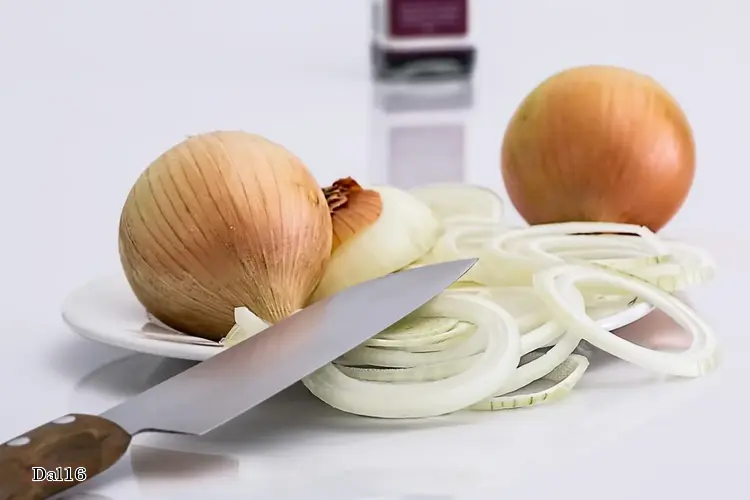

There are many different types of dal, each with its own unique flavor and texture. Some common varieties include:
1. Yellow split peas (Chana Dal): These are the most commonly used dal in Indian cuisine and are made by splitting and splitting yellow peas. They have a mild, slightly sweet flavor and a soft, mushy texture.
2. Red split lentils (Masoor Dal): These are also known as "red lentils" and are a popular choice for soups and stews. They have a nutty, slightly sweet flavor and a soft, mushy texture.
3. Black gram (Urad Dal): These are also known as "black gram" and are a popular ingredient in South Indian cuisine. They have a slightly sweet, earthy flavor and a dense, creamy texture.
4. Green gram (Moong Dal): These are also known as "green gram" and are a popular choice for soups and stews. They have a mild, slightly sweet flavor and a soft, mushy texture.
5. Bengal gram (Chickpeas): These are also known as "chickpeas" and are a popular ingredient in many Indian dishes. They have a slightly nutty, slightly sweet flavor and a firm, creamy texture.
Dal is an important part of South Asian cuisine and is often served with rice, roti (flatbread), or naan (leavened flatbread). It is also a great source of protein, fiber, and other essential nutrients.
In addition to its culinary uses, dal is also used in traditional medicine in India and other parts of South Asia. It is believed to have a number of health benefits, including reducing inflammation, improving digestion, and lowering cholesterol levels.
Overall, dal is a delicious and nutritious ingredient that is an integral part of South Asian cuisine. Whether you're a vegetarian or just looking to add some variety to your diet, dal is definitely worth trying!
DISCLAIMER: This information is provided for general informational purposes only, and publication does not constitute an endorsement. Kwick365 does not warrant the accuracy or completeness of any information, text, graphics, links, or other items contained within this content. Kwick365 does not guarantee you will achieve any specific results if you follow any advice herein. It may be advisable for you to consult with a professional such as a lawyer, accountant, or business advisor for advice specific to your situation.
today
Copyright © 2026 KwickEAT.com
Designed by KwickPOS is the best restaurant POS